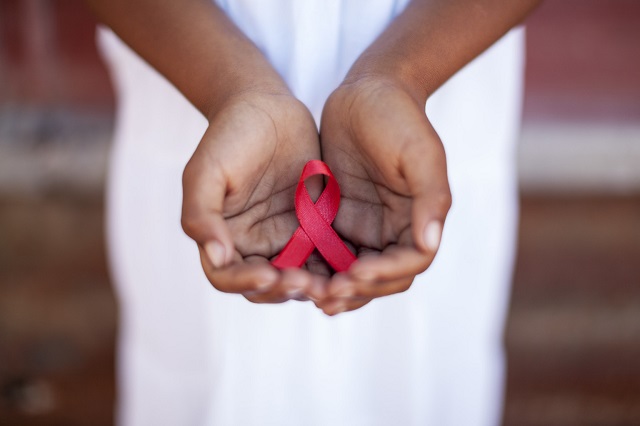
Kampala, Uganda | THE INDEPENDENT | The Covid-19 pandemic had a devastating impact on the fight against HIV, TB and malaria in 2020. This is according to a new report released by the Global Fund on Wednesday.
The report shows that while some progress was made, key programmatic results have declined for the first time in the history of the Global Fund.
“To mark our 20th anniversary, we had hoped to focus this year’s results report on the extraordinary stories of courage and resilience that made possible the progress we have achieved against HIV, TB and malaria over the last two decades,” said Peter Sands, Executive Director of the Global Fund.
“But the 2020 numbers force a different focus. They confirm what we feared might happen when COVID-19 struck.”
According to the report, in 2020, the number of people treated for drug-resistant TB in the countries where the Global Fund invests dropped by a staggering 19%, with those on treatment for extensively drug-resistant TB registering an even bigger drop of 37%.
The number of HIV-positive TB patients on antiretroviral treatment as well as TB treatment dropped by 16%. The report also highlights significant declines in HIV testing and prevention services for key and vulnerable populations who were already disproportionately affected.
Compared with 2019, people reached with HIV prevention programs and services declined by 11% while young people reached with prevention services declined by 12%.
Mothers receiving medicine to prevent transmitting HIV to their babies dropped by 4.5% while HIV testing also dropped by 22%, holding back HIV treatment initiation in most countries.
Interventions to combat malaria appear to have been less badly affected by COVID-19 than the other two diseases.
The report highlights that prevention activities for malaria remained stable or increased compared to 2019 since community health workers came in handy to supply mosquito nets and distribution of anti-malarial.
The number of mosquito nets distributed increased by 17%, structures covered by indoor residual spraying increased by 3%. In 2020, 11.5 million pregnant women received preventive therapy.
However, suspected cases of malaria tested fell by 4.3%.
In terms of financial contributions, the fund reports having disbursed US$4.2 billion in 2020 to continue the fight against HIV, TB and malaria and strengthen systems for health. They also approved an additional US$980 million in funding to respond to COVID-19.
As of August 2021, the Global Fund had approved a total of US$3.3 billion to more than 100 countries to adapt lifesaving HIV, TB and malaria programs, provide critical tests, treatments and medical supplies, protect front-line health workers and urgently reinforce fragile systems for health.
Key results for 2020 in countries where the Global Fund invests the report highlights up to 1.9 million people received lifesaving anti-retroviral therapy for HIV, an 8.8% increase compared to 2019 despite COVID-19.
7 million people were reached with HIV prevention services in 2020 whereas 7 million people were treated for TB. 94,000 children in contact with exposed TB patients also received preventative therapy.
When it comes to interventions into malaria, 188 million mosquito nets were distributed to protect families from malaria, a 17% increase compared to 2019.
*****
URN
 The Independent Uganda: You get the Truth we Pay the Price
The Independent Uganda: You get the Truth we Pay the Price



